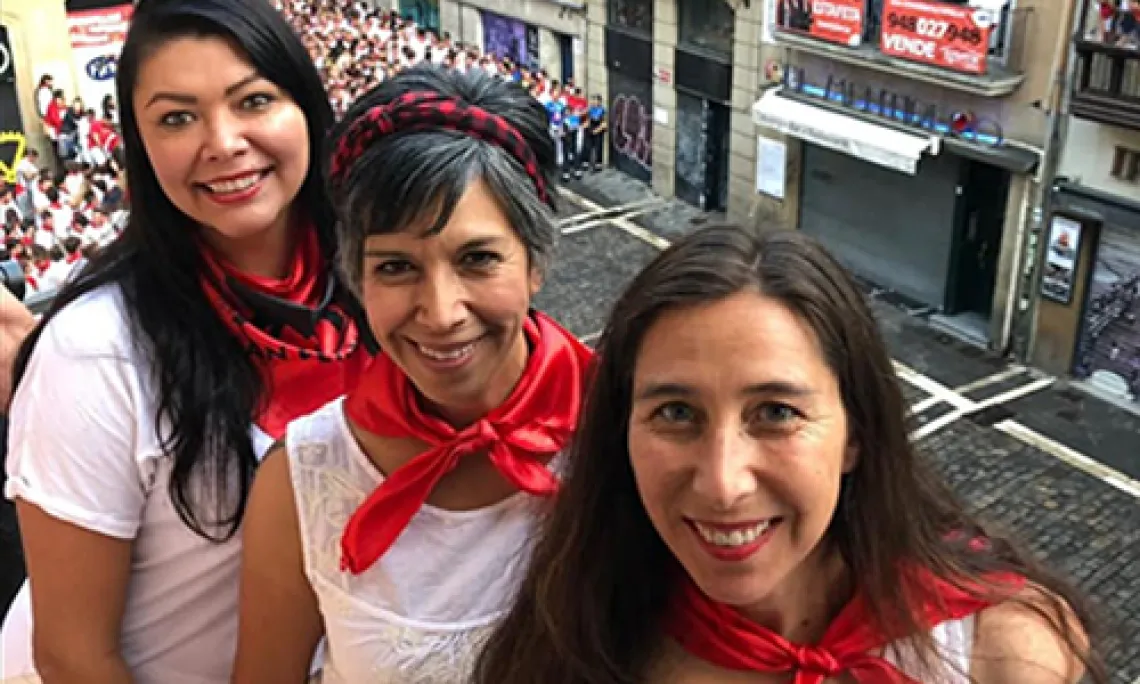Indigenous Data Sovereignty Workshop in Onati, Spain

The International Law, United Nations Declaration of the Rights of Indigenous Peoples and Indigenous Data Sovereignty Workshop was held at the International Institute of the Sociology of Law, in Onati, Spain on 11-12 July 2019. NNI Indigenous Data Sovereignty Doctoral Scholar Desi Rodriguez-Lonebear (Northern Cheyenne) co-convened the event with Professor Maggie Walter from the University of Tasmania, Australia. NNI Associate Director Stephanie Russo Carroll (Ahtna) was one of the 18 workshop attendees, primarily Indigenous scholars from seven countries including Australia, Aotearoa New Zealand, the United States, Sweden, Columbia, Mexico and the Basque region. The purpose was to bring together representatives from the established Indigenous Data Sovereignty Networks in Australia, Aotearoa New Zealand and the United States (@USIDSN) as well as emerging networks in Mexico and Sweden to discuss how bring the rights inherent in United Nations Declaration… (UNDRIP) to support Indigenous Peoples rights to and interests in data.
Stephanie Carroll co-hosted the “Advancing an International Indigenous Data Sovereignty Research Strategy” pre-event with Associate Professor Maui Hudson, University of Waikato Aotearoa New Zealand, funded by the University of Arizona Accelerate for Success program.
Workshop and pre-event participants drew on collective experiences to progress the principles of Indigenous Data Sovereignty across nation states and examine how legal mechanisms can be deployed alongside non-legal Indigenous data governance mechanisms to advance Indigenous data sovereignty. A key outcome of the workshop was the establishment of the Global Indigenous Data Alliance (@GidaGlobal) to further expand Indigenous Data Sovereignty and data governance dialogue, internationally, via a sharing of resources and collective global activism. “Scholars and leaders at these gatherings innovated across nation-states, disciplines, and Indigenous nations to advance Indigenous data sovereignty internationally through legal mechanisms, policy, and research using UNDRIP, as well as non-legal mechanisms to govern data.”
*Text appeared in the IISL Newsletter

